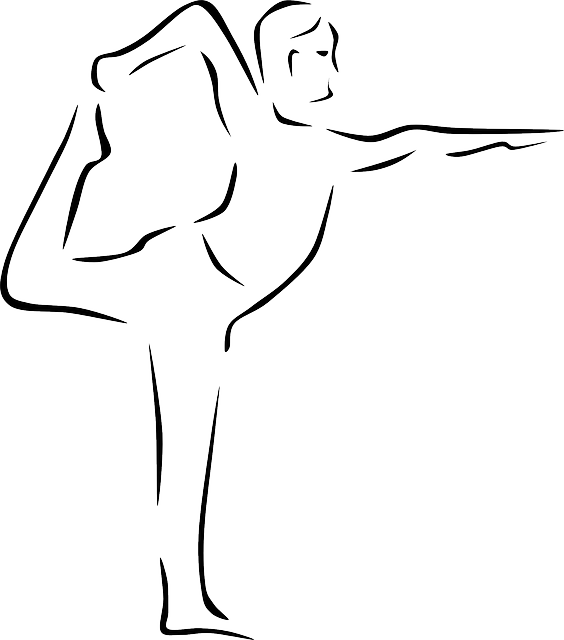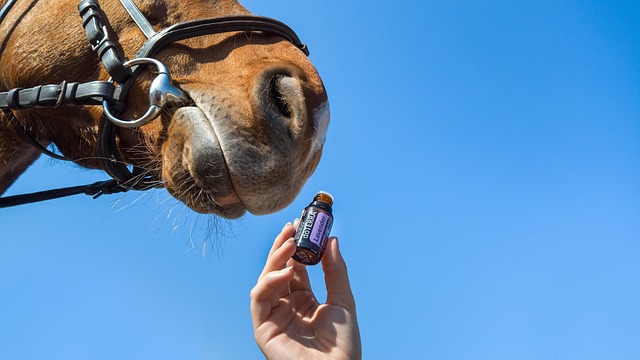Burnout, fueled by prolonged stress, causes exhaustion, cynicism, and reduced performance. Regular exercise routines effectively combat burnout by reducing stress hormones, boosting mood, improving sleep, and increasing energy. Integrating exercise into daily life enhances resilience to stress, promotes well-being, and prevents burnout in a demanding work environment. Effective time management, prioritizing self-care practices like mindfulness and regular physical activity, foster balance across all aspects of life, leading to enhanced productivity and mental health.
In today’s fast-paced world, achieving work-life balance is a paramount concern. Burnout, characterized by emotional exhaustion, depersonalization, and reduced personal accomplishment, has become an alarming trend. This article delves into effective strategies to mitigate burnout, focusing on the transformative power of regular exercise routines. We explore insights from various sections, including understanding burnout’s impact, time management techniques, mindfulness cultivation, and self-care practices. By adopting these holistic approaches, individuals can strive for a more balanced and fulfilling life.
- Understanding Burnout and Its Impact on Well-being
- The Role of Regular Exercise Routines in Balancing Work and Life
- Strategies for Effective Time Management and Prioritization
- Cultivating Mindfulness and Self-Care Practices for Longevity
Understanding Burnout and Its Impact on Well-being

Burnout is a state of emotional, physical, and mental exhaustion caused by prolonged or excessive stress. It’s more than just feeling tired; it’s characterized by a sense of cynicism and detachment from one’s job, reduced performance, and feelings of ineffectiveness and lack of accomplishment. Burnout can significantly impact overall well-being, leading to increased anxiety, depression, and even physical health issues if left unaddressed. Regular exercise routines have been shown to be an effective countermeasure against burnout. Physical activity helps reduce stress hormones, boosts mood by releasing endorphins, improves sleep quality, and increases energy levels, all of which contribute to a healthier work-life balance. By incorporating regular exercise into daily routines, individuals can enhance their resilience to stress, boost productivity, and cultivate a greater sense of well-being both inside and outside the workplace.
The Role of Regular Exercise Routines in Balancing Work and Life

In today’s fast-paced work environment, where demands are high and expectations constant, finding a balance between professional obligations and personal life is paramount to prevent burnout. Regular exercise routines play a crucial role in this pursuit. Physical activity not only boosts overall health but also serves as an effective stress reliever, helping individuals unwind and recharge after demanding workdays. Studies have shown that incorporating regular exercise into one’s routine can significantly improve mood, enhance cognitive function, and increase energy levels, all of which contribute to a healthier work-life balance.
Beyond the physical benefits, regular exercise routines offer mental respite, fostering clarity of thought and promoting better sleep patterns. Engaging in structured physical activities can help individuals detach from work-related stresses, allowing them to return to their professional duties with renewed focus and perspective. Thus, prioritizing exercise is not merely a personal choice but a strategic tool for navigating the challenges of modern work life, ultimately reducing the risk of burnout.
Strategies for Effective Time Management and Prioritization

Maintaining a healthy work-life balance is heavily reliant on effective time management and prioritization. A key strategy here is to integrate regular exercise routines into your schedule. Physical activity doesn’t just benefit your physical health; it’s also a powerful tool for mental rejuvenation, helping to mitigate stress levels and enhancing focus. Aim for at least 30 minutes of moderate-intensity exercise most days of the week.
Prioritizing tasks is another crucial element. Start by identifying non-negotiables—personal time, quality sleep, meals—and schedule them as fixed appointments on your calendar. Then, tackle work-related tasks in blocks of focused time, minimizing distractions and limiting multitasking. This approach ensures that you allocate adequate energy to each area of life, preventing overwhelm and fostering a sustainable pace that promotes balance rather than burnout.
Cultivating Mindfulness and Self-Care Practices for Longevity

Cultivating mindfulness and incorporating self-care practices into daily life are essential strategies for achieving and maintaining work-life balance, ultimately preventing burnout. Taking time to be present and mindful can help individuals detach from stressful situations at work and foster a sense of calm and clarity. This can include simple practices like mindful breathing exercises, meditation, or even just taking a few minutes each day to reflect on one’s thoughts and feelings without judgment.
Regular exercise routines are another vital component for longevity. Physical activity not only boosts energy levels but also improves overall well-being by releasing endorphins that combat stress and enhance mood. Whether it’s going for a walk, practicing yoga, or engaging in a favorite sport, incorporating movement into the routine can help individuals recharge and reset, making them more resilient to the demands of work and everyday life.
Finding a harmonious work-life balance is essential to prevent burnout and promote overall well-being. By incorporating strategies like regular exercise routines, effective time management, mindfulness practices, and prioritizing self-care, individuals can create a sustainable and fulfilling lifestyle. These integrated approaches not only enhance physical health but also foster mental resilience, enabling folks to navigate the challenges of modern living with grace and vitality. Embracing these practices is a game-changer in mitigating burnout and cultivating a symphony of balanced living.
